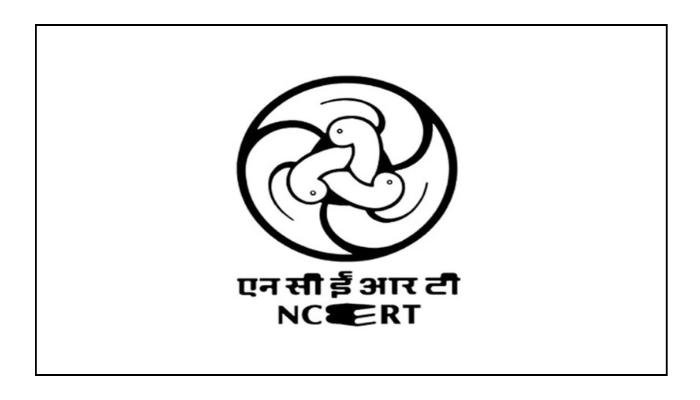- The Ministry of Education has convened a workshop in New Delhi to explore the consolidation of 60 school examination boards operating in various states and union territories.
- PARAKH, the National Assessment Centre established by the National Council of Educational Research and Training, is a critical component of this plan.

What is PARAKH?
- PARAKH is an acronym that stands for Performance Assessment, Review, and Knowledge Analysis for Holistic Development.
- It is a non-profit organisation formed to bring together educational boards from various states and union territories on a single platform.
- It was launched as part of the National Education Policy (NEP)-2020 implementation.
It functions as an NCERT constituent unit.
- It is responsible for administering periodic learning outcome examinations such as the National Achievement Survey (NAS) and State Achievement Surveys.
- It will focus on three important areas of assessment: large-scale assessments, school-based assessments, and examination reforms.
The following are the primary goals of the PARAKH
- Uniform Norms and Guidelines: In all recognised school boards, thorough norms, standards, and procedures for student assessment and evaluation are established.
- Improve the Assessment Pattern: Encourage school boards to implement assessment systems that are linked with 21st-century skill standards.
- Reduce Evaluation Disparity: Creating consistency between state and central boards, which now use varied evaluation criteria, resulting in considerable score differences.
- Benchmark Assessment: Creating a benchmark assessment system to shift away from rote learning and comply with the NEP 2020 objectives.
Outcomes of the recent workshop
(1) Establishing Equivalence of Boards
- The Centre is preparing towards board equivalency to allow students to move seamlessly between boards or regions.
- The goal is to improve the authenticity and recognition of certificates and grades gained across boards by aligning curriculum standards, grading systems, and evaluation procedures.
(2) Moving away from Rote Examination Culture
- The programme emphasised the importance of rethinking the current rote examination culture in the educational system.
- There is a growing recognition that holistic assessments that take into account all aspects of a student’s abilities and potential are equally significant.
(3) Standardization and Fairness in Assessments
- The importance of well-designed and standardised question papers in ensuring fairness and consistency across schools and boards was emphasised during the discussion.
- Finding a happy medium between formative and summative assessments was found as a way to alleviate the strain of high-stakes exams while accurately monitoring student progress.
@the end
PARAKH’s significance stems from its ability to effect transformative change by encouraging collaboration and benchmarking assessments.
It is a vital step towards developing a standardised and equitable evaluation system that will provide students with a level playing field on which to demonstrate their abilities and capabilities.
Source: https://www.education.gov.in/shikshakparv/Infographics/Towards_Competency_based_Assessments_in_Schools.pdf
